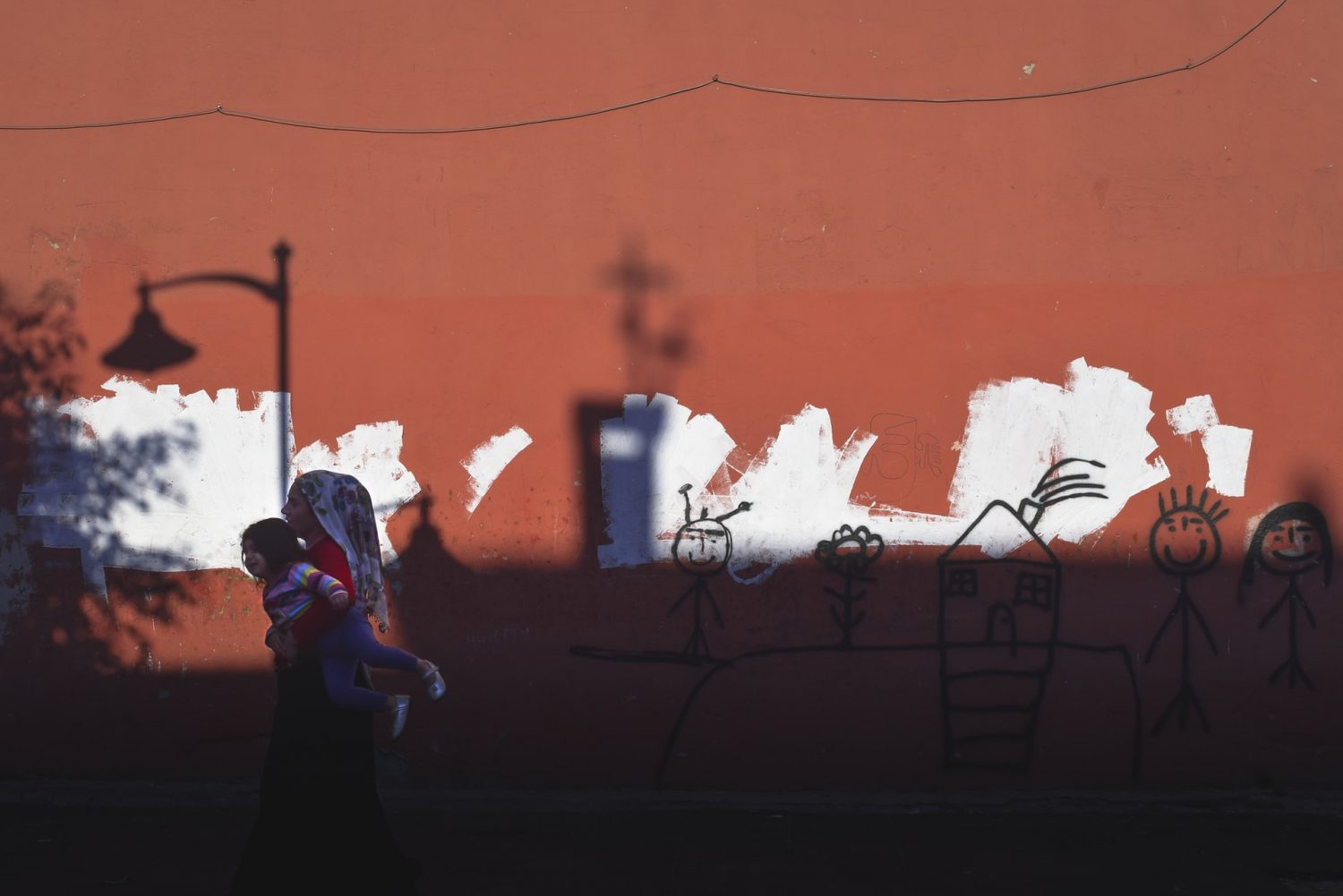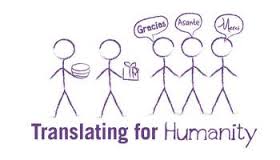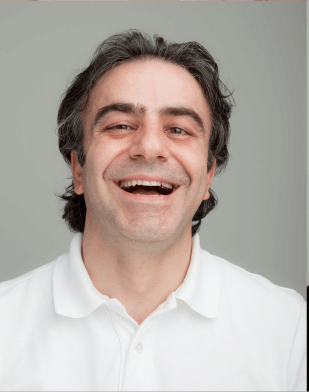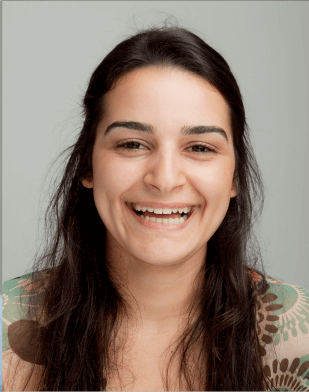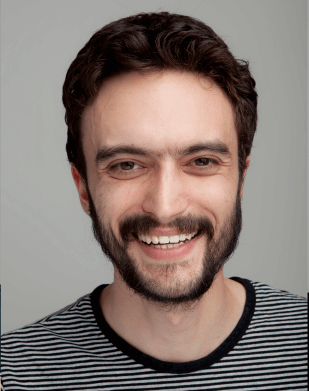On September 11, I wrote a piece about the worsening situation for refugees arriving in Europe and the shortage of interpreters assisting them to overcome the language barriers.
There is no longer a shortage of interpreters but unfortunately there is a complete lack of interpreters in certain reception countries, especially interpreters who speak the languages of refugees from Afghanistan and Eritrea. Let’s look at these different groups of asylum seekers and the languages they speak.
The biggest group of refugees is still from Syria, a country devastated after more than 4 years of civil war. The Syrians mainly speak Arabic and Kurdish, like the Iraqis. They are leaving their home country in increasing numbers by the day.
The other big group of refugees is Eritrean people, who mostly speak Tigrinya, Arabic and Tigre. Then there are Afghan refugees, who speak Pashto or Dari, and Iranians, who speak mostly Persian, also called Farsi.
These languages, besides Arabic, are not very common or widely spoken let alone studied by many people. It is very difficult to find interpreters who have a professional knowledge of one of these languages in combination with English and preferably a knowledge of the language of a future adoptive country, for instance, German or Swedish.
Besides the language skills, an interpreter in these circumstances has to be emotionally very strong to face people who are traumatised and desperate. Pressure is high because interpreters who are on the spot helping to improve the reception conditions are under significant strain. In the Netherlands, the biggest interpreting and translation agency TVCN has even set up a crash course for interpreters to deal with the shortage of interpreters for these languages.
Yet, we would like to ask you if you are up for the task.
Translin has received requests from the Netherlands, where a local team is setting up a temporary refugee camp that offers shelter for around 100 people. These refugees are from the Middle East and North Africa. Their first need is to be able to communicate about medical issues and registration procedures.
We are looking for experienced professionals with all possible language combinations of the languages mentioned above, located in Europe or in the Middle East. The medium will be our own on-line video conferencing room. If you are a professional interpreter, we would like to invite you to register on our website (for free) so we can reach out to you when needed. Don’t forget to upload your diploma. We check your credentials before you can be included in our database of professional interpreters.
Please check our website for more information: www.translin.com.
Thank you.

